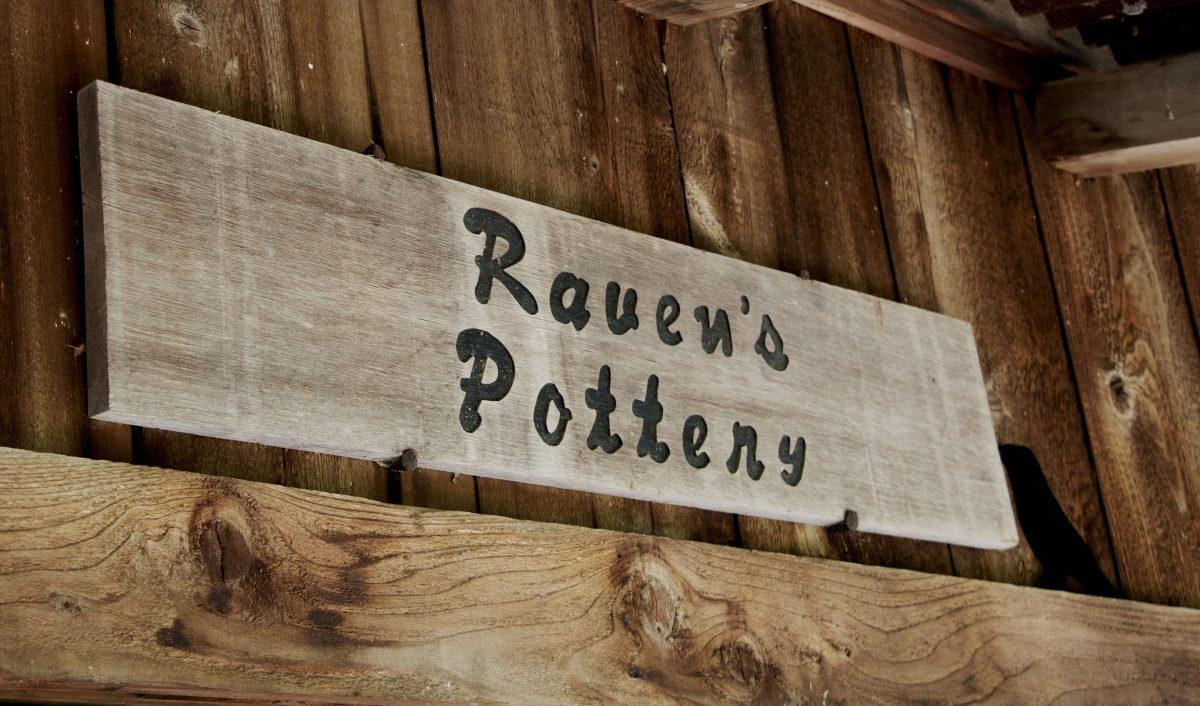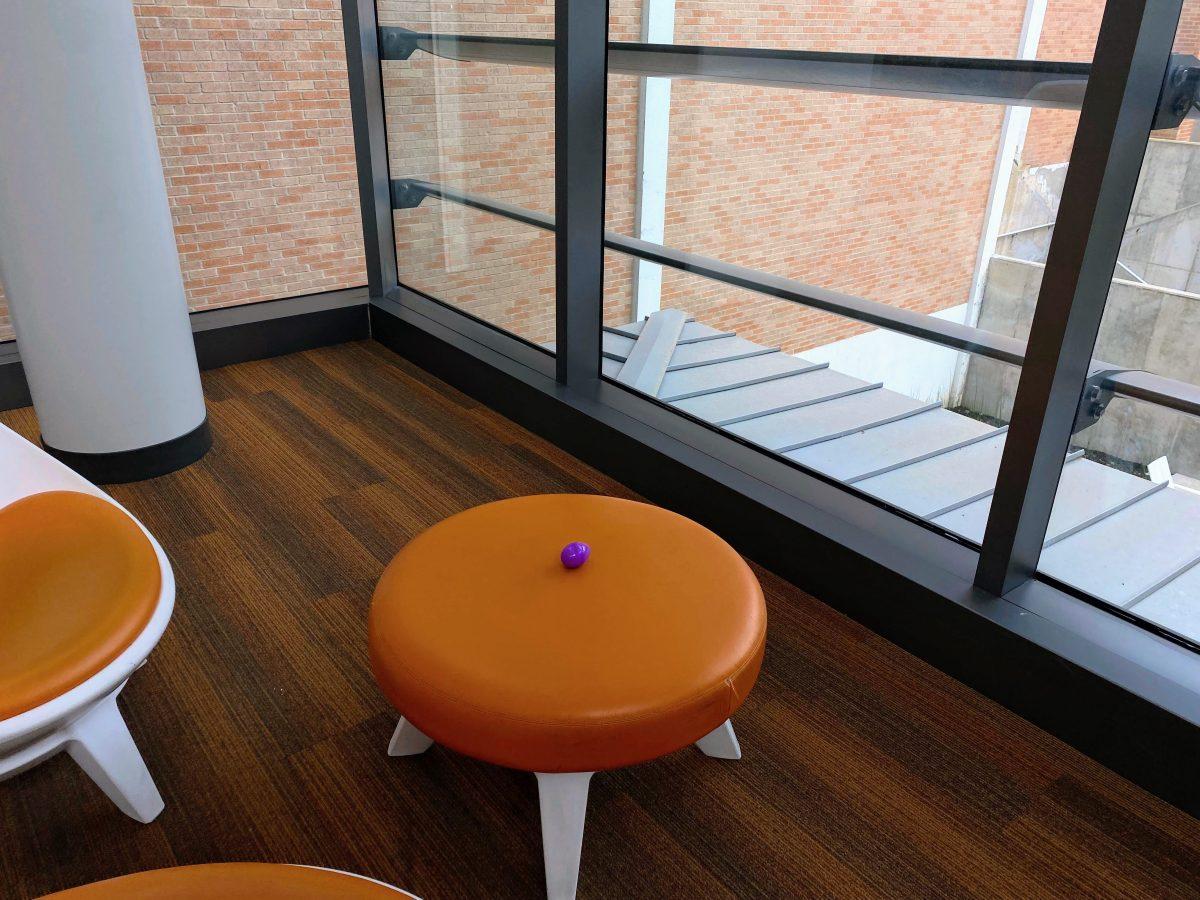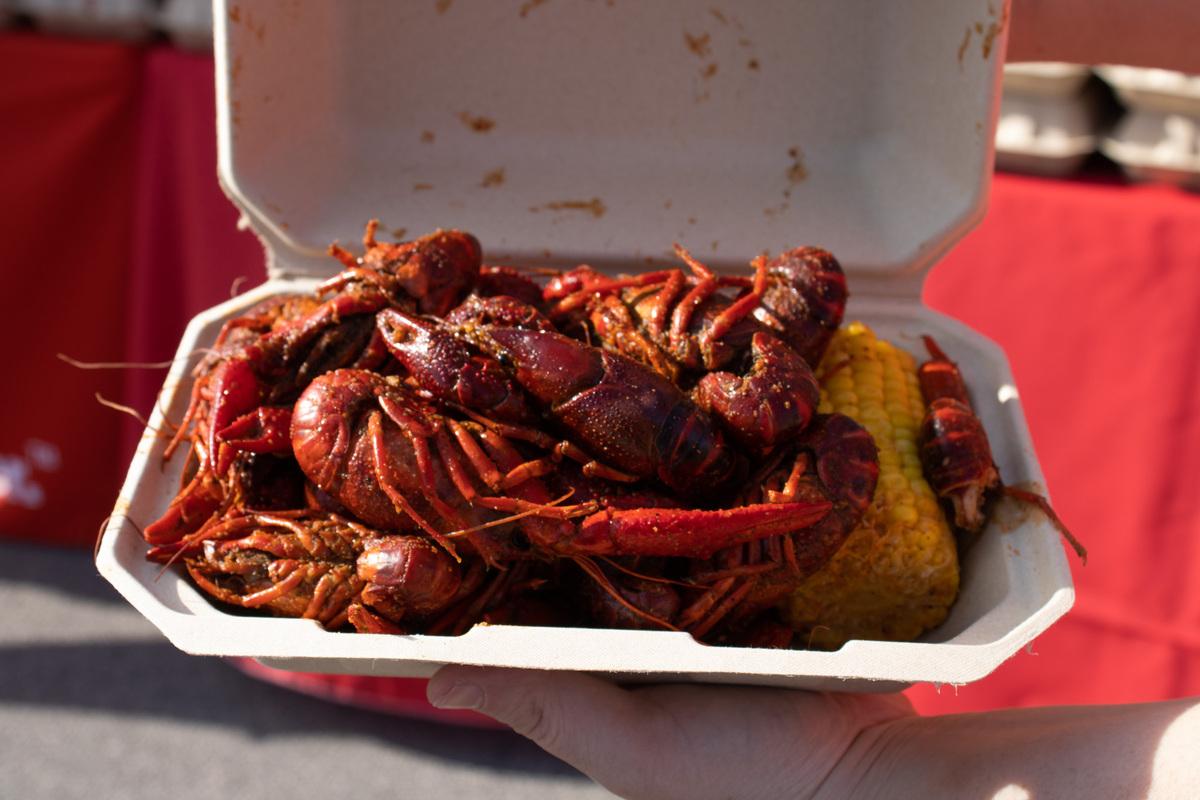Among the crowded parking lots around the campus of Sam Houston State University, weaving in and out of vehicles are students dressed in highlighter-yellow t-shirts who issue parking citations.
Although students at SHSU revel in the fact that they don’t feel like ‘just a number’ in class, where professors actually know them by name, the University Police Department parking enforcement student assistants are known only by their UPD-issued name during their shifts.
PC-7, a senior criminal justice major, is one of those students who has served as a parking enforcement student assistant since spring 2013. Per this student’s request, this article will refer to him only by his work name, PC-7.
As with many college experiences, PC-7 said he took a hold of this opportunity to better prepare himself for his future beyond SHSU.
“I applied because I thought it would help me build experience working for a police department and also because I enjoy being outdoors and being active, not sitting behind a desk,” PC-7 said.
According to PC-7, the application and interview process for working with UPD is very similar to that of any other job pursuit. Applicants have three different options as far as what realm of enforcement they would prefer to work in: dispatch, parking enforcement or foot patrol.
“The police department is mainly looking for people who are trustworthy and a hard working,” PC-7 said. “Good grades, no police record and references obviously make a difference, too. I say trustworthy, because in this job I am not being monitored 24/7 by my boss. So once I walk out the doors of the parking and transportation office, my boss is trusting that I will go out and do the job they hired me to do and do it well.”
PC-7 said he begins his typical work shift showing up 15 minutes prior to his shift to check out his gear which consists of a handheld for writing tickets and looking up vehicles, a printer for printing out tickets and a radio for communication with dispatch. This equipment costs approximately $6,000, according to PC-7.
Parking enforcement student assistants have no specific parking lot jurisdiction and cover every parking lot on campus, including those of dorms and other on-campus residences. The only parking facility the students do not patrol is the on-campus parking garage.
“Once I check out my gear, I head out to the parking lots and write tickets wherever I see a violation,” he said. “I am assigned to all areas on campus, so I try to make every day different by working the lots in a different order each day. From there, I just walk around looking for violations and issue tickets until the end of my shift.”
At any given time between 7:30 a.m. and 6:30 p.m., there are two to three parking enforcers patrolling the campus and looking for parking infractions. According to PC-7, an average shift for him consists of writing an average of 35-45 tickets. These tickets can be written for things such as parking with an expired permit, a permit that does not follow the parking lot’s color code, having no permit at all or even double-parking.
“It is hard to say which lot I write the most tickets in due to the fact that the number of tickets can vary each day in each lot,” PC-7 said. “Although, I would say lately the stadium parking lot has been the largest producer of tickets. Most of the tickets I write are for no permit, which is a $40 fine.”
PC-7 said he has seen students trying to get away with a lot of things regarding parking including trying to make their own parking permits, duct-taping parking permits to windshields to allow easy transfer from vehicle to vehicle, and even using old tickets to try to avoid getting issued a new one.
This semester is the first time parking enforcement student assistants were issued personal t-shirts instead of communal vests to wear during their shifts to enhance their visibility and ensure their safety. PC-7 said although this is more comfortable and sanitary, especially in the Texas heat, during the winter, the visibility of the t-shirts may prove to be difficult feat to overcome.
“I enjoy the outdoors, so to me the best part about my job is being able to work outside and walk all around campus,” he said. “One of the worst parts about the job is having to work in bad weather conditions.”
Like any job, being PC-7 has both its pros and cons.
“People at Sam Houston are typically very friendly,” PC-7 said. “But occasionally someone will shout out obscenities to me and call me names when they drive by. That is not common and doesn’t really bother me, because those are normally the ones who got tickets for failing to buy a permit.”
Like many students and faculty on campus, one of the biggest concerns of PC-7, as both and student and an SHSU employee, parking is one of his biggest concerns.
“I feel it is important for faculty and staff to follow parking protocol, because parking incorrectly on campus, like in a no parking zone, is a safety hazard and could cause problems in the event of an emergency,” he said. “Also, when people park on campus without a permit, or park in the wrong lot, they are taking spots away from those who did pay for a permit and deserve to get the spot they paid for. My main suggestion is to just get a permit and park in the lot designated for that color. If you have a permit, park in the correctly colored lot, and park within the lines. You can easily avoid getting a ticket.”












